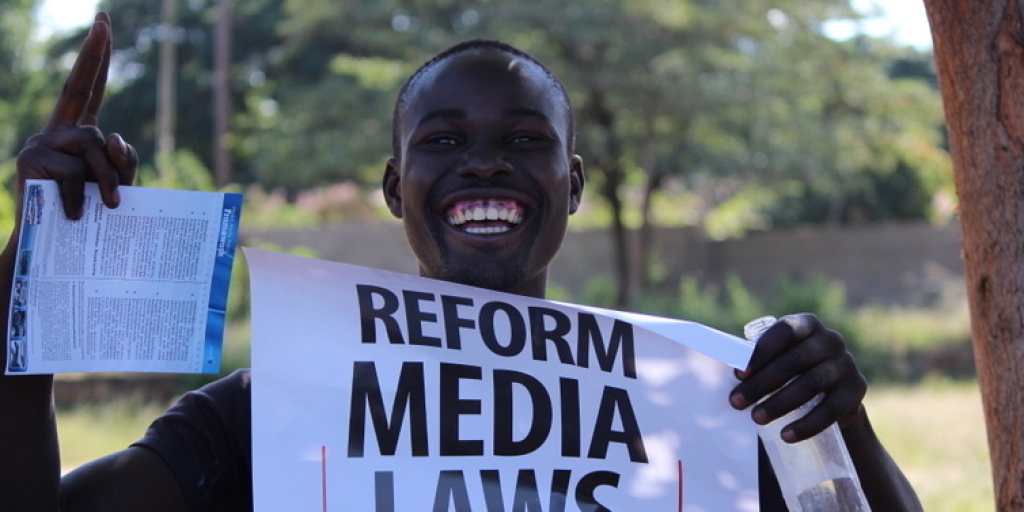SANEF concerned at silence from Big Tech on hate speech meeting
SANEF
The South African National Editors’ Forum (SANEF) expresses its anger at being ‘ghosted’ by Big Tech companies and our Parliament’s Portfolio Committee on Communications.
In a constructive spirit, SANEF wrote in mid-February, and followed up more than once, with the top four social media companies and Parliament, requesting a discussion about joint action to combat disinformation and hate speech during the upcoming elections.
This follows several public announcements by big tech companies of their strategies to contribute to elections in the European Union and the US.
The outreach to them concerning their South African plans followed a document adopted by the SANEF Council on 10 February that set out an analysis of expected electoral threats and also proposed steps to mitigate these risks.
Despite two reminders, by April no acknowledgement had been received from TikTok or X. Meta provided a vague response to revert in due course, but six weeks later had not done so.
Google did agree to a meeting, although the ensuing discussion saw the company provide only generic responses rather than specific cooperation.
A message from the secretariat of the Parliamentary Committee saw its chairman, Boyce Maneli, being reminded to respond to SANEF. Disappointingly, Maneli chose not to respond. Meanwhile, SANEF is aware of at least one engagement by the Committee with Big Tech, and of an extensive programme for discussions with the others.
As the elected representative of South Africa’s media voices in favour of election integrity, SANEF finds it reprehensible to be given the cold shoulder on a matter of such national importance.
The only interpretation we can make of such shoddy treatment is that it demonstrates a lack of accountability and commitment by the interlocutors to serious electoral action to protect journalists online, limit hate speech, and promote authoritative information.
The organisation’s doors remain open for dialogue. Meanwhile, SANEF and its members will continue to do all within their power to contribute to an environment that is conducive to South African voters being able to make their decisions without fear and empowered by reliable information.
SANEF would like to applaud the Independent Electoral Commission IEC), which has not only shown willingness but has also been keen to partner with us as we combat disinformation.
Unfortunately, there is a lack of appetite for partnerships by Big Tech companies that operate in and make money within the country and a mirror-image lack of interest from Parliament’s relevant committee in this area.
- Meta, owner of the world’s biggest social media platforms, engaged directly with the IEC and Parliament to ‘ensure Facebook, Instagram and WhatsApp aren’t misused to manipulate this year’s elections’ in March. Nick Clegg, former Deputy Prime Minister of the UK and now president of global affairs at Meta, said the company ‘had given the IEC extensive guidance on using its social media tools most effectively’ and spoken to parties and committees in Parliament about ‘how our tools work’.
- UPDATE: The Information Regulator is investigating Meta Platforms following the US company’s refusal to abide by a Promotion of Access to Information Act (PAIA) request made by the Campaign for Free Expression (CFE) around Meta’s perspectives, protocols and actions regarding the 29 May general election




